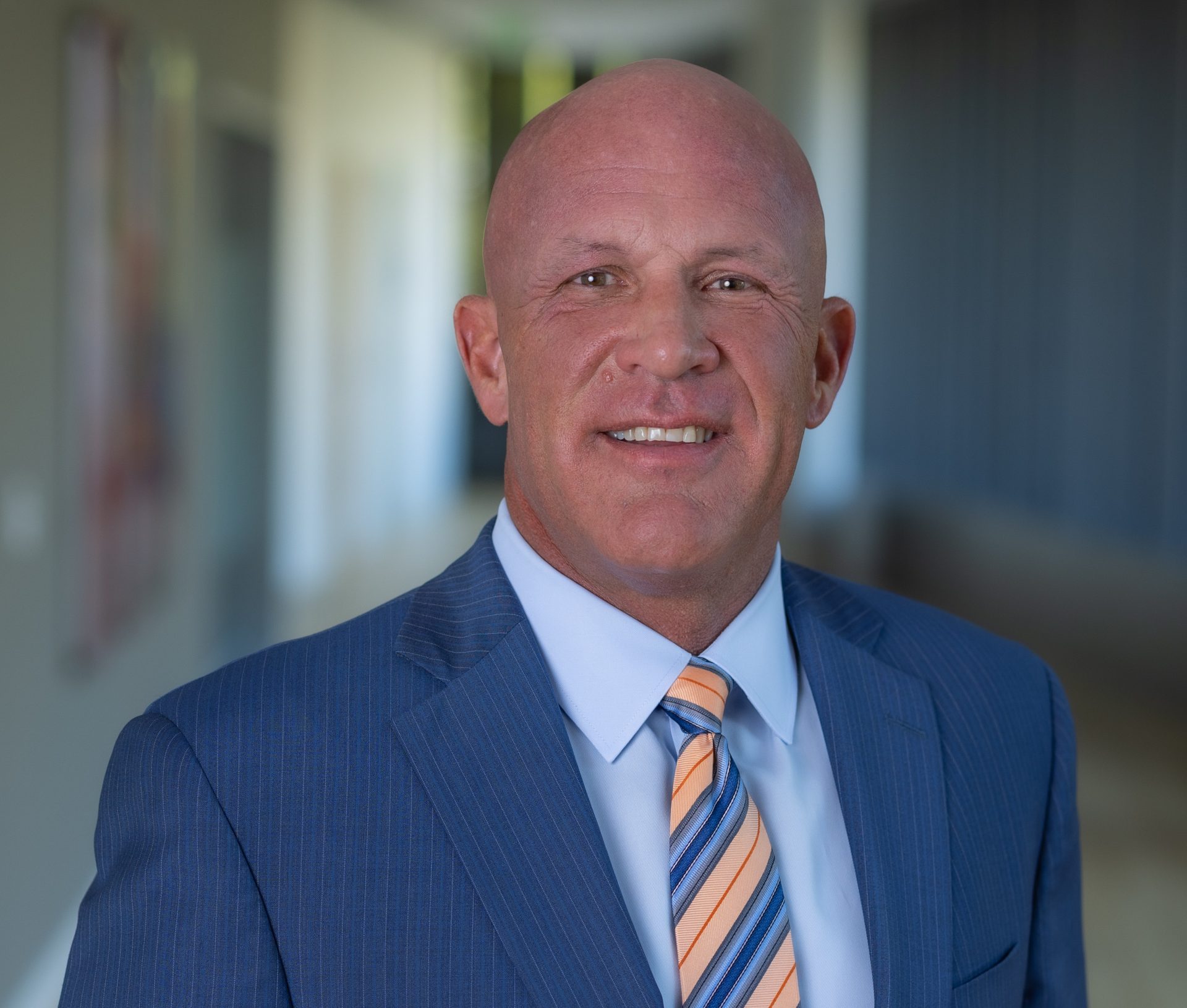Our Take: Published data from the Phase III Clarity trial support positive top-line results for investigational Alzheimer’s drug lecanemab
Final data from the global Phase III Clarity trial of lecanemab adds depth to the results Eisai and Biogen released in September and gives the FDA more information to consider ahead of the agency’s Jan. 6 deadline for deciding whether to grant accelerated approval of the potential treatment for patients with Alzheimer’s disease.
The full results were published Nov. 29 in The New England Journal of Medicine. The study investigators also presented their findings Tuesday evening at the 2022 Clinical Trials on Alzheimer’s Disease (CTAD) conference.
To briefly recap the data released in September, lecanemab slowed mental and physical decline by 27% in patients with early Alzheimer’s disease when compared with those who received placebo.
The study’s primary endpoint was the change from baseline at 18 months in scores on the Clinical Dementia Rating-Sum of Boxes scale. A higher score on the scale indicates greater impairment. The full dataset showed that the adjusted least-squares mean change from baseline was 1.21 for the participants treated with lecanemab and 1.66 for those who received placebo, a statistically significant difference.
Of note, the difference between the two groups widened over time, suggesting that lecanemab could confer greater benefit beyond the 18-month period assessed in the study.
Differences between the two treatment arms in the change in scores from baseline on four other rating scales of cognition and function also favored the group treated with lecanemab and were statistically significant.
During the 18-month double-blind study, deaths occurred in 0.7% of the participants treated with lecanemab and 0.8% of those in the placebo group. The percentages of participants who experienced serious adverse events were 14% and 11.3% for the lecanemab and placebo groups, respectively.
The trial investigators wrote in their conclusion that “[l]onger trials are warranted to determine the efficacy and safety of lecanemab in early Alzheimer’s disease.”
In other CTAD conference-related news, Janssen will proceed with the development of one of the two tau vaccines it has been collaborating on with biotech firm AC Immune, based on Phase Ib/IIa interim data. The early studies showed the chosen vaccine candidate, ACI-35.030, “rapidly leads to a strong and durable induction of antibodies specific for pathological forms of tau,” AC Immune said in a news release.
Roche’s Genentech, on the other hand, has stopped all studies of gantenerumab as a treatment for early Alzheimer’s disease after the drug failed to significantly slow clinical decline in two late-stage trials. Genentech also noted in a press release that the level of beta amyloid clearance in the brains of study participants treated with gantenerumab was lower than expected, Earlier studies suggested that gantenerumab could have been a potential rival to lecanemab.
Eli Lilly shared findings in a news release and at the conference from the first active comparator trial of amyloid-lowering agents. The study investigators evaluated Lilly’s candidate, donanemab, and Biogen’s Aduhelm (aducanumab) in patients with early symptomatic Alzheimer’s disease.
After six months of treatment, brain amyloid plaque clearance (defined as achieving plaque levels of less than 24.1 centiloids) was achieved in 37.9% of the patients who received donanemab and in 1.6% of those who received Aduhelm. Relative to baseline levels, donanemab had reduced brain amyloid plaque levels by 65.2% at 6 months, whereas Aduhelm had reduced plaque levels by 17%. The incidence of total ARIA was similar for both groups.
Our Take: While the published results from the Clarity trial are, indeed, good news for patients facing the inevitable decline that accompanies a diagnosis of Alzheimer’s disease, they may not entirely dispel concerns about lecanemab’s safety profile.
Two deaths have been reported among trial participants since September. Both occurred during the open-label phase after the 18-month double-blind treatment period had concluded. Eisai and Biogen said last week that lecanemab did not cause either death.
“Both cases had significant comorbidities and risk factors including anticoagulation contributing to macrohemorrhage or death. Therefore, it is Eisai’s assessment that the deaths cannot be attributed to lecanemab,” Biogen said in its press release announcing the detailed Clarity data.
In a separate news release, Eisai said it “has established a rigorous safety monitoring process to ensure patient safety. This includes an independent data safety monitoring committee of external experts. All the available safety information indicates that lecanemab therapy is not associated with an increased risk of death overall.”
The total incidence of ARIA, including both edema/effusion (ARIA-E) and hemorrhages (ARIA-H), was approximately 22% in the group treated with lecanemab and almost 10% in the placebo group, Healthcare Dive reported. While most cases were asymptomatic, those with symptoms experienced headache, visual disturbances, and confusion.
In deciding whether to grant accelerated approval to lecanemab, the FDA will need to evaluate whether the drug’s benefits outweigh its risks. Overall, analysts seem to believe the approval is forthcoming.
Given that the FDA has already agreed the Clarity study can serve as the necessary confirmatory study to verify lecanemab’s clinical benefit, Eisai will be able to quickly convert an accelerated approval to a traditional approval.
 Health Care Rounds: Maximizing Value by Meeting People Where They Are, with Intermountain CEO Rob Allen
Health Care Rounds: Maximizing Value by Meeting People Where They Are, with Intermountain CEO Rob Allen
In this exciting episode, John sits down with the newly appointed president and chief executive officer of Intermountain Healthcare, Robert Allen. Rob discusses the ways in which Intermountain is tackling value-based care in the midst of today’s challenging health care delivery environment, all while keeping the mission of the organization, “Helping people live the healthiest lives possible” front and center.
What else you need to know
Centene signed a definitive agreement to sell Magellan Specialty Health to Evolent Health. In a press statement, Centene said it expects to receive more than $750 million in aggregate proceeds by divesting the specialty benefit management organization, which Centene acquired at the start of the year as part of its $2.2 billion acquisition of Magellan Health. Centene anticipates receiving approximately $600 million in a combination of cash and Evolent stock when the transaction closes, which is expected to take place by mid-2023 — contingent on regulatory approval and other closing conditions. Then, based on performance metrics, Centene could receive up to $150 million in cash and stock in 2024. After the closing, Centene and Evolent intend to launch a partnership through which Centene can expand its relationship with Magellan Specialty Health and other specialty solutions Evolent provides.
Horizon Therapeutics confirmed it is in preliminary discussions with Amgen, Janssen Global Services, and Sanofi regarding a potential buyout. According to a news release, each of the companies has until close of business on Jan. 10, 2023, to make an offer. Dublin-based Horizon markets drugs for rare, autoimmune, and severe inflammatory diseases. Confirmation of the potential acquisition led to a 31% surge in Horizon’s stock price in after-hours trading. The biotech firm has a market capitalization of approximately $18 billion.
In his quest to disrupt the pharmaceutical industry, Mark Cuban said in a recent interview with Time that he plans to add brand-name drugs to his online pharmacy, Cost Plus Drug Co. Since its public launch in January, the company has expanded its available generic drugs to nearly 1,000, with the intent to increase that number to “well over 1,500,” according to the website. Cost Plus sells the drugs at a fraction of the usual cost by negotiating directly with manufacturers and then offering the drugs directly to consumers and through employer-sponsored programs. Cuban has acknowledged that brand-name drugs present more of a challenge because drugmakers can name their price during the patent-exclusivity period and therefore have no incentive to provide rebates. Cuban said he also expects to accept more insurance plans in the year ahead; in October, Capital Blue Cross became the first payer to officially partner with Cost Plus.
Providence closed its 27 ExpressCare clinics in Southern California in mid-November, citing lower-than-budgeted patient volumes and “unprecedented operating losses” for the retail clinics, multiple news outlets reported. The health system said the closures should not limit access to care, as ExpressCare Virtual services are still available and there are other options in the area for in-person care. Providence ended its longtime affiliation with Orange County’s Hoag Memorial Hospital Presbyterian in January but announced in September that it would invest more than $700 million in two new medical centers in the region and a new tower and ambulatory surgery center at Providence Mission Hospital in Mission Viejo.
Advocate Aurora Health and Atrium Health officially completed their merger on Friday. Moving forward, the 67-hospital health system — the fifth-largest nonprofit integrated health system in the country — will be called Advocate Health. Headquartered in Charlotte, N.C., and “maintaining a strong presence in the Chicago and Milwaukee areas,” Advocate Health will serve patients in Alabama, Georgia, Illinois, North Carolina, South Carolina, and Wisconsin. Eugene Woods and Jim Skogsbergh will co-lead Advocate Health for 18 months, after which Skogsbergh will retire and Woods will become the sole CEO.
John Fernandez will become Lifespan’s new president and CEO early next year, succeeding Dr. Timothy Babineau, who led the health system for nearly a decade before his departure on May 31. Arthur Sampson has been serving as interim president and CEO. In its announcement of Fernandez’s appointment, Lifespan said Fernandez is currently president of Mass General Brigham Integrated Care and president of Mass Eye and Ear.
What we’re reading
The Family Glitch, Premium Stacking, And The Need To Revisit Health Care Reform. Health Affairs Forefront, 11.17.22
The Comprehensive Care for Joint Replacement Model—Potential Implications for Equity. JAMA Health Forum, 12.2.22
How Health Care Professionals View Their Organizations’ Governance and Decision-Making. NEJM Catalyst, 11.16.22 (subscription required)


